This section is for paid subscribers only. Our subscription is only $3700/- for one full year.
You get unlimited access to all paid section and features on the website with this subscription.
Subscribe to read full article
This section is for paid subscribers only. Our subscription is only $37/- for one full year.
You get unlimited access to all paid section and features on the website with this subscription.
Not ready for a full subscription?
You can access this article for $2, and have it saved to your account for one year.
- Release Date05/04/1972
- GenreDrama, Romance
- FormatColour
- LanguageHindi
- Run Time161 min
- Length4389.73 meters
- Number of Reels16
- Gauge35mm
- Censor RatingU
- Censor Certificate Number69315
- Certificate Date05/04/1972
- Shooting LocationMehboob Studios, Natraj, Filmistan, Basant Studios
This is a story of a problem that has plagued fathers and mothers, sons and daughters from time immemorial. Different individuals have faced this very human problem in various ways- some have merely chosen to ignore it and believe that it does not exist. But can it be ignored? Will anyone, any mother be allowed to believe that her step son is not different from her own son? Shobha was one noble woman who believed it to be so, that both-son and step son-were equal in her eyes, in her affection. If it be at all possible, she was closer to her step son than her own son. This was something the world at large would not tolerate, something Shobha’s own brother would not tolerate. With a few well-planted whispers, the seeds of discontent were sown into Shobha’s ears; and Rakesh, the step son who had known, who had loved no other mother save Shobha, was forced to leave home, and turn his back against all he loved, all he knew.
Rakesh took up an assignment as an engineer at a Community Project in the interior and was placed in charge of the exploitory work of building a dam. The most colourful character in this district was Thakur, whose entire existence was woven around his charming innocent daughter, Paro. It would have been destiny that planned Rakesh meeting Paro in the tranquil and serene rural setting, but it was human that they should make such a wonderful couple,-that they fall deeply in love. For Thakur, this was the culmination of all that a father could desire, yet his mind was troubled-he had reason to fear the future.
Paro was not Thakur’s natural born daughter. The old man believed she was a gift to him from the gods, a gift to lighten his lonely hours. She was the small infant whom he had rescued from a devastating flood and whose parents were swept to death by the fury of the waters. But Thakur knew that one day he may lose Paro. His fears were not unfounded; what Thakur had feared every minute since he first set eyes on the infant Paro had now come true. Her own grandfather had found her. He was to take her away from him. And there was no token by which Thakur could refuse-yet in parting, he cherished the thought that Rakesh and Paro, so much in love with each other, may find happiness in marriage.
Paro was taken away from the rustic backwoods to the sophistication of a metropolitan town, and here again it was destiny, having lent a hand in bringing Paro and Rakesh together, now playing an evil trick upon the young lovers, into their lives stepped Rakesh’s step brother, a pressing claimant for Paro’s hand.
Paro spurned the young man’s advances and he cunningly appealed to his mother that she remove Rakesh from his path. Thus instigated by her son and brother, Shobha believed that Rakesh was acting as a traditional step son, to bring unhappiness upon her family. She called him, and reminded him of the vow so that he ensure the happiness of his younger brother. Now wa alson the time for a misguided mother to learn that a son is always a loving and devoted son and that the very word “Step” is the ugly invention of interested persons.
And now is the time for the dramatic impact of our story to sparkle towards its stirring climax, when destiny once again takes a hand. How our characters come into proper perspective is best revealed on the screen.
(From the official press booklet)
Cast
-
Rakesh Roshan
Rakesh Rai -
Achala Sachdev
Shobha Rai -
Tarun Bose
Kulwant Rai -
Raj Mehra
Seth Ram Prasad -
Pankaj
Naresh Rai -
Krishna Dhawan
Mamaji -
Tun Tun
Mrs Pereira -
Brahm Bhardwaj
Rakesh's employer -
Sanjana
Lachi -
Meena T
Seema -
Coca Cola
Khotumal Chhotumal Motumal Macchardani -
Madhu Apte
Sunderlal -
Lata Arora
Anita -
Pran
Thakur Shiv Prasad -
Dara Singh
Pahelwan (as Dara Singh)
Crew
-
BannerFilmyug, Bombay
-
Director
-
Producer
-
Music Director
-
Lyricist
-
Dialogues
-
Cinematography
-
Editing
-
Sound Recording/ Audiography
-
Art Director/Production Design
-
Choreography
-
Production Controller
-
Action Director
-
Costumes
-
Re-recordist/ Sound Mixing
-
Laboratory/ Processed atFilm Center, Bombay
-
Music CompanyOdeon Label
-
StillsKamat Foto Flash
-
Publicity PrinterOriental Litho Works , Bright Printers
-
Painter/ Artist
-
Writer






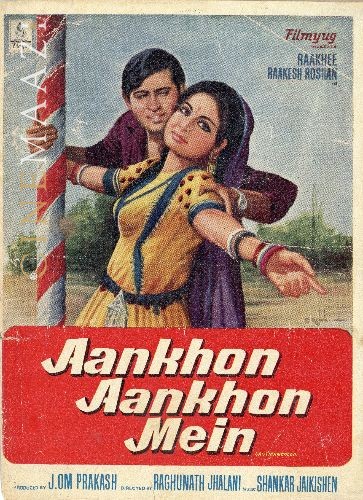


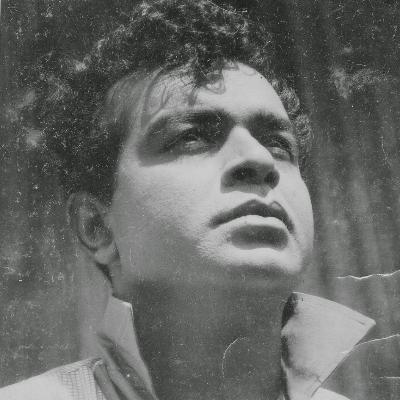
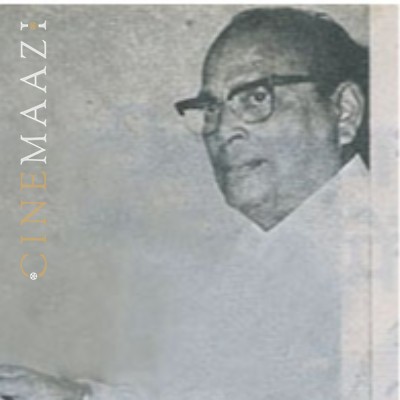

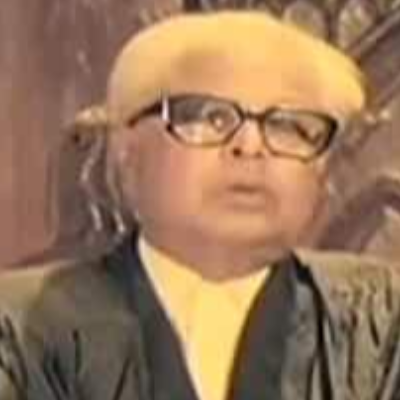

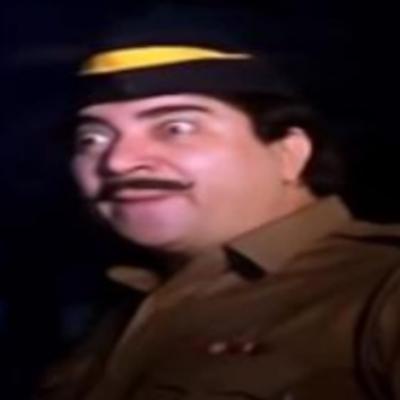


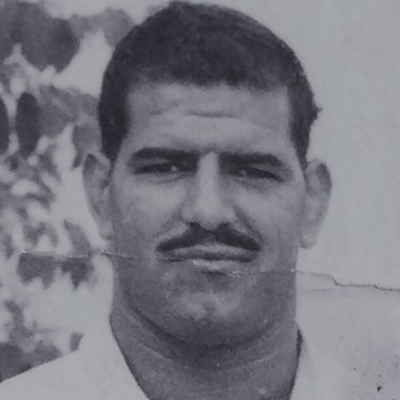


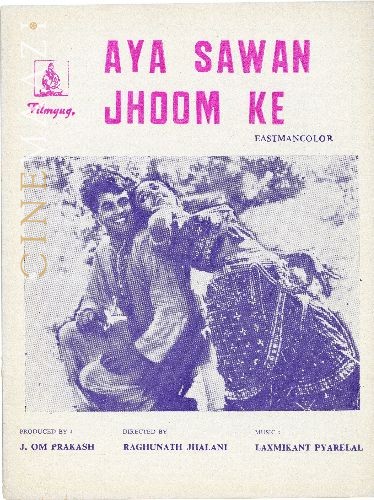



.jpg)



